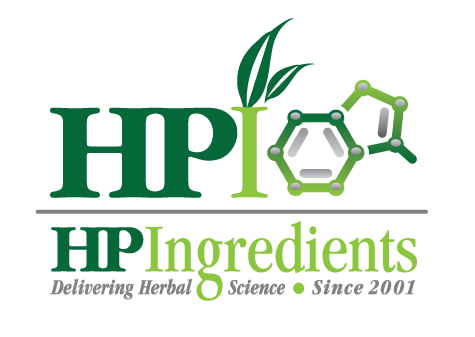Hippocrates famously told the world “let food be your medicine,” and in recent times, the knowledge that eating fish such as salmon can help promote healthy cardiovascular and brain function seems to sustain his ages-old advice. Due to its very high content of Omega-3 EFAs DHA and EPA, salmon is requested in restaurants and brought home for the family more than ever.
However, salmon has been found to bring tiny little ‘friends’ to the dinner table; a parasite called sea lice tend to infest farmed salmon populations (the primary source of our salmon).
In her September 25 article, “Salmon farmers have an unsavory lice problem,” for Mother Nature Network (www.mnn.com), environmental reporter and author Robin Shreeves describes “tiny crustaceans the size of a pea attach to salmon in farms and feed on them.” The lice were discovered in farmed salmon in the 1990s and a pesticide was developed to eradicate them; and much like bacteria becoming anti-biotic resistant, so too were the sea lice showing resistance to the pesticide.
In the wild, the lice don’t pose much of a problem, but in the salmon farming environment, the very confinement allows the sea lice to thrive. Out of their typical two-month life cycle, sea lice have a three-week window when they are dangerous to salmon, and typically juvenile salmon, which have not yet developed the thicker skin needed to withstand the parasitic action. During this time, writes Shreeves, “they suction themselves to the fish and can become lethal. They move around on the host’s body, preferring to graze on the head, back and perianal areas, feasting on mucus, blood and skin, according to the Alaskan Department of Fish and Game.”
Shreeves added that in 2016, the global salmon supply diminished by 10 percent, and farmed salmon prices increased dramatically, in some cases, as much as 50 percent.
There is a natural solution to keep global farmed salmon populations healthy – SeaControl. Sea Control is a natural additive from botanical extracts that has been shown to be effective against sea lice infestation in sea water and marine facilities. Specifically, SeaControl has been proven e ffective against sea lice infestation caused by copepods like Caligus, Argulus and lepeoptheirus. Sea Control is effective in larvae mortality (90%) and induces an anorexic effect in adult parasites. Using SeaControl reduces the survival rate of sea lice larvae and increases rate of adult sea lice mortality.
This should result in increased sustainability of healthy farmed salmon for the growing number of people regularly including this fish into their diets both at home and in restaurants.


